As adults, we all end up settling in one way or another. How many of us, with or without a disability, end up working at a job we absolutely love? Most of us settle for something that will pay the bills. Hopefully, we're able to find something that lets us use our skills so we're not bored to death, but most people LOVE the weekends. Rarely are we able to convert our passion into a career.
As the debate over sheltered workshops and "meaningful employment" continues, I've struggled with exactly what that means. In my teens I worked at a few fast food places. I ended up moving to a better job at a drug store. From there I ended up paying medical claims for an insurance company. None of those were exciting. They were available. I did my best and moved up in the last company, changing positions when I discovered something that I was good at.
I've always envied people who have the resources to create their own employment, follow their dreams, and earn a living doing what they were meant to do. Most of us aren't that lucky. What we can do however, is pay attention to what motivates us. We can take an honest inventory of our talents and skills. Hopefully, we'll think of a dream job, and maybe get a chance to work towards it. That's what dreams are for - setting realistic goals. Who likes to keep working towards the same dream all of their lives without getting anywhere?
As parents, I think too often we end up settling for our kids too. Sometimes it's a matter of financial resources. Parents may look for employment for their son or daughter that allows them to pursue their own careers. They can't afford to stay home, so the child has to go somewhere. Sometimes we end up falling for the hype we've been fed since our child was born - they are limited - they won't be happy in challenging positions so we should give them something easy to do so they can be "productive." Sometimes, we just don't know where to turn or what to do. Services and supports are out there, to varying degrees, but they can be difficult if not impossible to navigate unless you have someone who can show you the ropes.
In the past several months I've gathered stories about people who have Down syndrome that have fabulous jobs. Their parents were able to find a talent or skill and turn it into an opportunity. Full disclosure: I'm a little jealous. I know not everyone operates on the same level. Not all people, with or without Down syndrome, could to the jobs that these people have. The thing that inspires me is that the parents were able to find solutions. I've been thinking a great deal about how we can support each other to make this the norm, rather than the exception to the rule. I've been thinking about WHY we settle - for ourselves and our children.
Here are a few of the people who have turned their passions into "meaningful jobs."
As the debate over sheltered workshops and "meaningful employment" continues, I've struggled with exactly what that means. In my teens I worked at a few fast food places. I ended up moving to a better job at a drug store. From there I ended up paying medical claims for an insurance company. None of those were exciting. They were available. I did my best and moved up in the last company, changing positions when I discovered something that I was good at.
I've always envied people who have the resources to create their own employment, follow their dreams, and earn a living doing what they were meant to do. Most of us aren't that lucky. What we can do however, is pay attention to what motivates us. We can take an honest inventory of our talents and skills. Hopefully, we'll think of a dream job, and maybe get a chance to work towards it. That's what dreams are for - setting realistic goals. Who likes to keep working towards the same dream all of their lives without getting anywhere?
As parents, I think too often we end up settling for our kids too. Sometimes it's a matter of financial resources. Parents may look for employment for their son or daughter that allows them to pursue their own careers. They can't afford to stay home, so the child has to go somewhere. Sometimes we end up falling for the hype we've been fed since our child was born - they are limited - they won't be happy in challenging positions so we should give them something easy to do so they can be "productive." Sometimes, we just don't know where to turn or what to do. Services and supports are out there, to varying degrees, but they can be difficult if not impossible to navigate unless you have someone who can show you the ropes.
In the past several months I've gathered stories about people who have Down syndrome that have fabulous jobs. Their parents were able to find a talent or skill and turn it into an opportunity. Full disclosure: I'm a little jealous. I know not everyone operates on the same level. Not all people, with or without Down syndrome, could to the jobs that these people have. The thing that inspires me is that the parents were able to find solutions. I've been thinking a great deal about how we can support each other to make this the norm, rather than the exception to the rule. I've been thinking about WHY we settle - for ourselves and our children.
Here are a few of the people who have turned their passions into "meaningful jobs."
Tim Harris |
- As a 2004 graduate of Eldorado High School in Albuquerque, New Mexico, Tim was elected homecoming king by the highest margin of votes in school history.
- In the fall of 2004, Tim moved to Roswell, New Mexico to attend Eastern New Mexico University.
- Tim spent much of 2009 and 2010 living aboard a sailboat with his parents and traveling throughout the Bahamas.
- After observing the effect Tim had on Red Robin restaurant and its customers, an idea emerged regarding Tim owning his own restaurant. In May of 2010, a lease was signed for a facility in Albuquerque and a construction company was hired for tenant improvements.
Donna and Jenna
We are the best of friends. We enjoy making cards and want to sell the beautiful cards we create. With the support of our parents Just For You CardArt was launched.
Christian Royal |
Christian Royal is a young man with Down syndrome who struggles with single words and has yet to grasp basic addition or time. However, since his teen years, Christian has shown an interest in, and aptitude for, working with clay. Christian was unable to “do” school as other students did and began making pottery as part of his homeschooling program.
Sarah |
"Sarah and I started cooking together because she was going through a tough time in middle school," she told me. "She hated school. Hated having Down syndrome. Hated being different. She shut down and hid in the basement and cut herself off from everyone. So in seventh grade, I removed her from all special ed courses and only put her in inclusion classes and homeschooled her half days. I used cooking to help teach her. She really liked it. One day I thought, Why not let others see the benefits of cooking and how you can incorporate therapy, communication and friendship?
Oliver Hellowel is a Photographer
Oliver now (2012/2013) attends a mainstream college in Taunton Somerset England and hopes to be able to further his photography to a point where it can be his form of income.
He wants to be 'a professional'
He wants to be 'a professional'
Creative Thinking and Not Settling
When I spoke to Helen Royal, she told me that neither her nor her husband knew anything about pottery. The tried it as a way to bring art into his homeschooling curriculum. His parents had taken him out of school because teachers wanted to put him on a "trainable" path... Sarah's mom used cooking as a way to connect with her daughter who was having trouble in school. Tim worked in public restaurants and found he enjoyed greeting people. His parents were able to by a store for him and now his hugs are famous! Donna and Jenna are best friends who turned a hobby into a business. Oliver and his step-father started taking pictures together and discovered a hidden talent that could end up being very profitable. All of these are examples of using passion and talent in a entrepreneurial venture. They are extraordinary stories, not because the adults in them have Down syndrome, but because they and their families didn't settle.
I would like to have a brainstorming session on how we can help each other discover the hidden talent and passion in each of us and our children. We all have something to contribute.... Anyone interested?
I would like to have a brainstorming session on how we can help each other discover the hidden talent and passion in each of us and our children. We all have something to contribute.... Anyone interested?
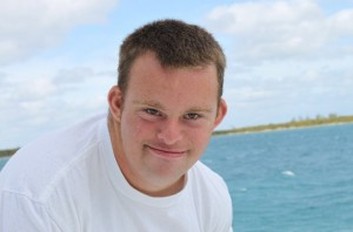
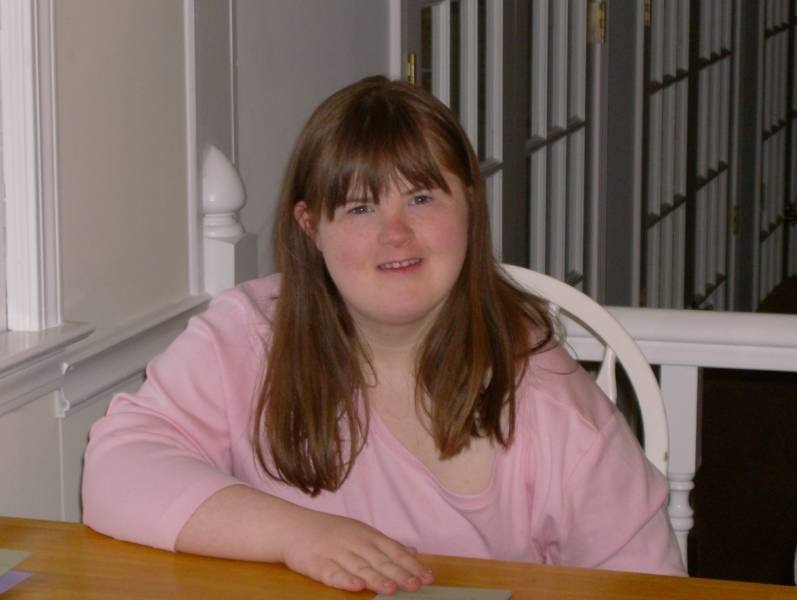
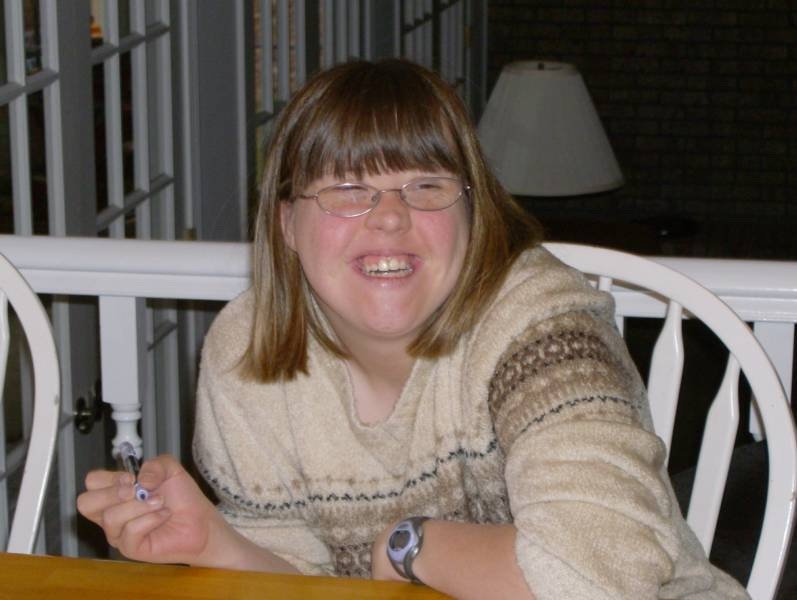
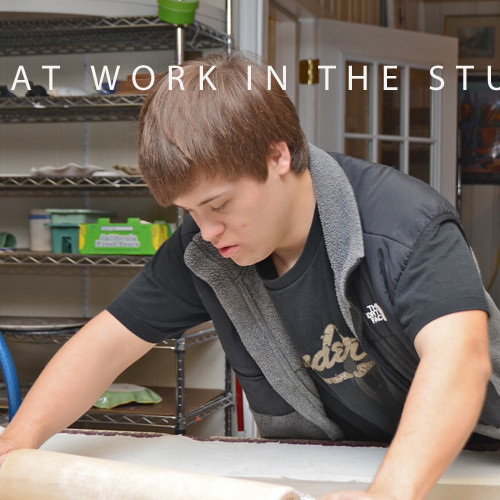
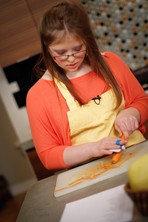



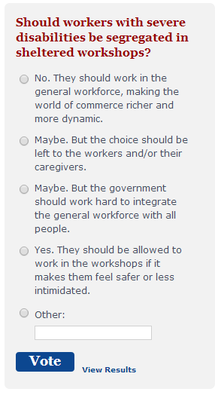


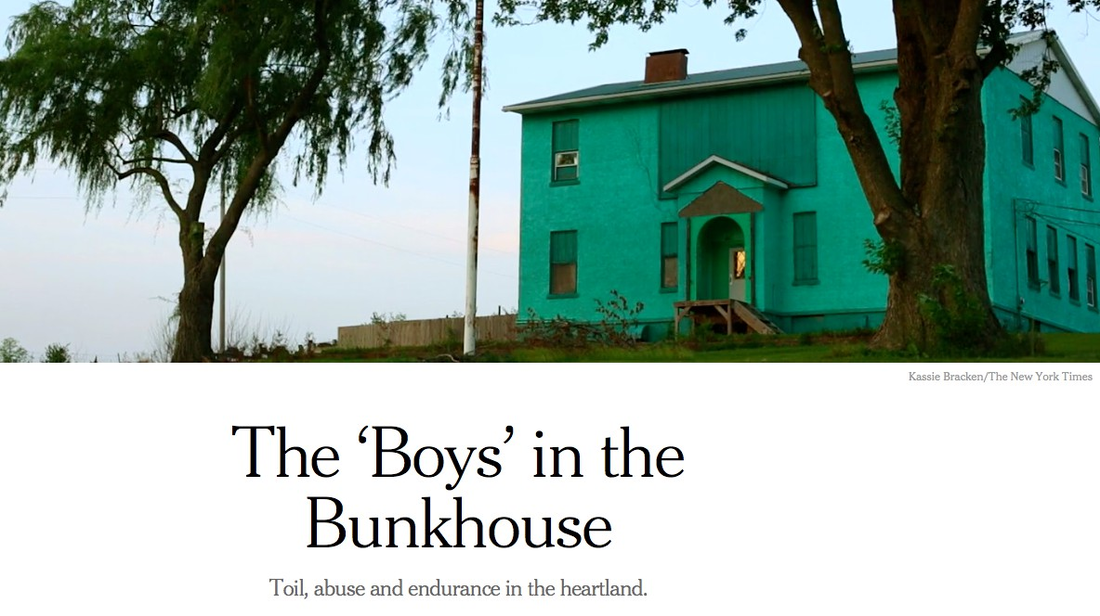
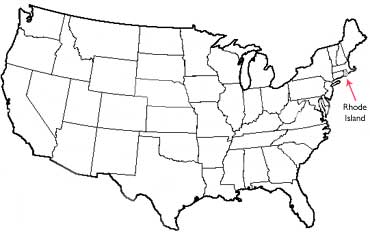
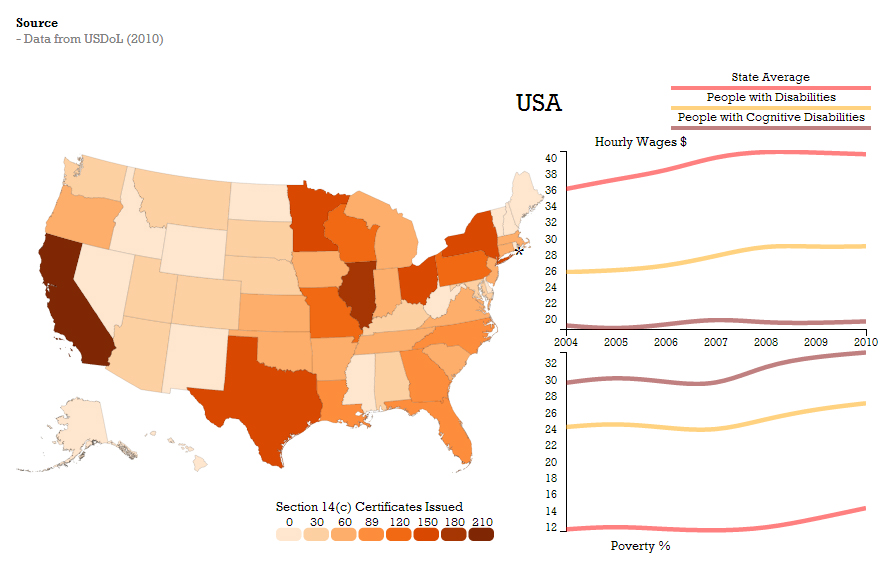

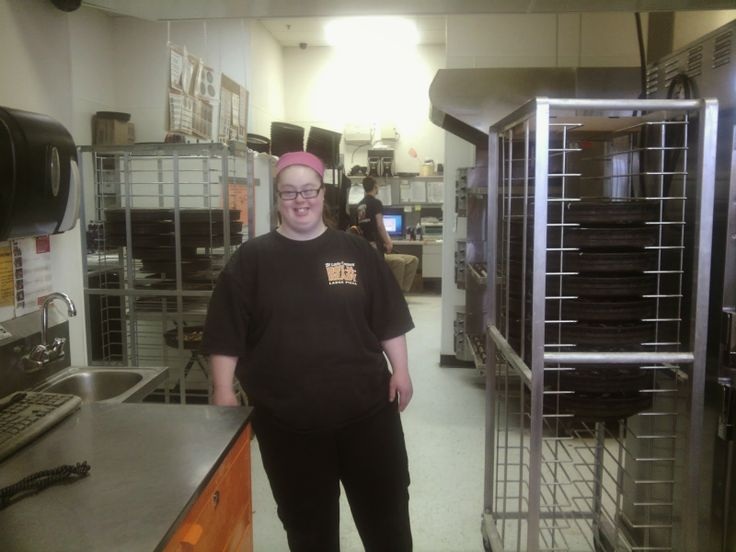
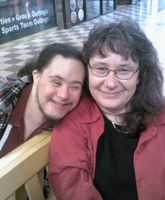

 RSS Feed
RSS Feed

